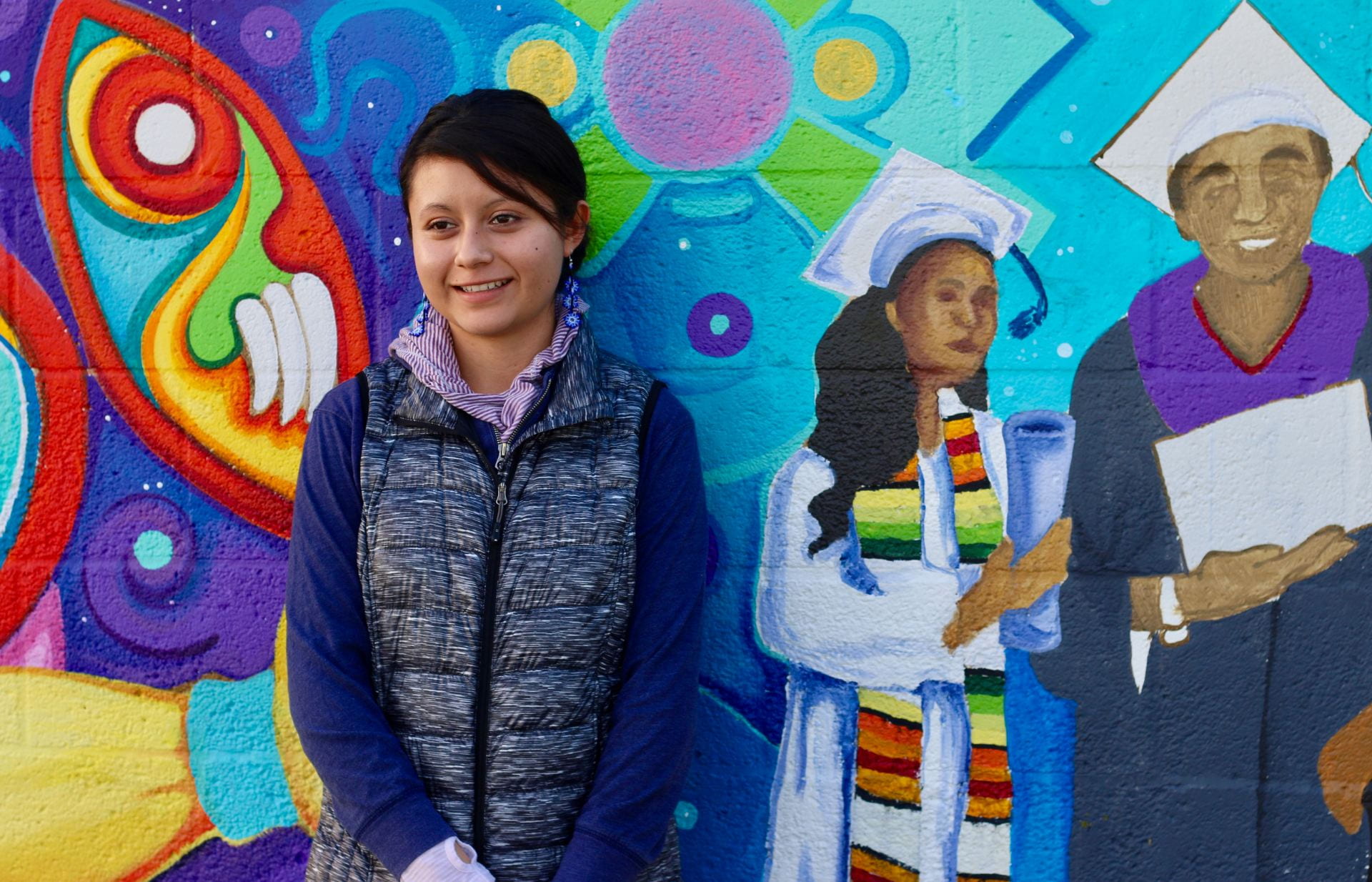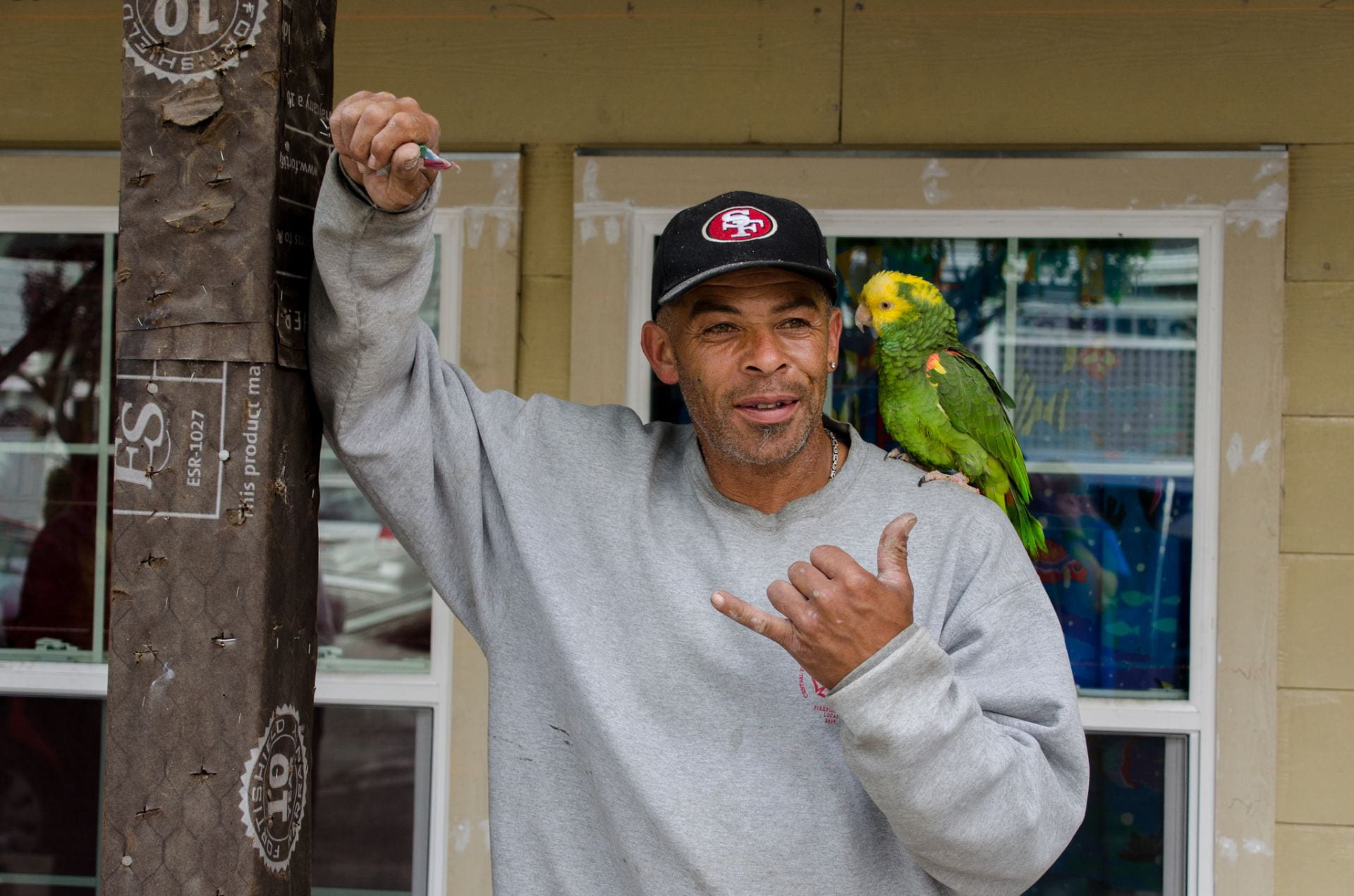Access to Education
Belonging
Interviewees positively described learning institutions when the school’s community and its curriculum accurately reflect immigrant culture, demystify immigration issues, help orient students, and facilitate belonging. In fact, among the economic and institutional systems discussed in our interviews, access to education is the most prominent. Institutions with programs supporting all their students establish healthy learning communities that foster belonging.

The importance of having access to supportive programs within a school setting is stated in the quote below from Diana, a 19 year old U.S. born female, and a full-time student.
I: How was the transition process into college? Who helped you the most, like your counselors? Was there somebody, or an organization that helped you look into that?
D: Yeah, well I was in this club that’s called, it was called the migrant student association club.[…] And, […], that’s where, […], that’s where I would spend like most of my time in high school, like during lunch and breaks and stuff, […], that’s where I would go. And, […], I didn’t, I never really thought about the process of like applying and stuff, but there was this, these two people in there. That were I guess the organization, organization of that club. And they helped me throughout the whole process and I’m actually pretty grateful for them because I feel like if I, if I didn’t know them or like, um was so close to them, I probably wouldn’t have like any clue as to where to start. But, […], they helped me with my applications, like reviewed them and, […], and stuff like that. So yeah, I think that’s, they were the biggest help.
Non-Belonging
The lack of documentation and rights is again an exclusionary variable when schools and other systems do not provide immigrant community members with relevant ways to access education. Schools that created an environment of hostility, including a sense of coldness, suspicion, vulnerability, and surveillance, were also reported as places of not belonging.

The effects of being undocumented in a school setting are shown below with Pascual, a 52-year-old first-generation immigrant. He is currently an American citizen, however, while undocumented he faced exclusion from receiving higher eduction because of his status.
I: And how, I mean, do you think that [your status] changed your perception of yourself?
P: Yes, it changes because you, well, you know you’ve lost, you’ve lost good job opportunities. Another thing I also realized when I married my wife in 94′. In Mexico, she only finished middle school, and she wanted to keep studying. So, she had been going to adult school, and that’s where I met her. In Adult school, they don’t ask you for any legal documents to go to learn English. She wanted to continue at Cabrillo School after we got married and I wanted to continue too, but they asked me for documents, and I didn’t have them to enter. That’s another, another point that I felt, well, that was wrong and, and you miss an opportunity for not being a legal resident. And I was a good candidate because I was a good student
